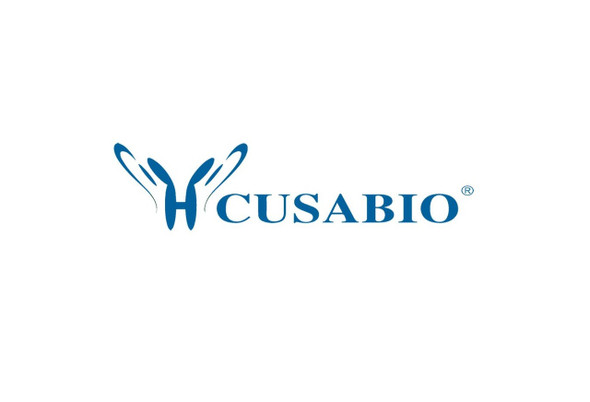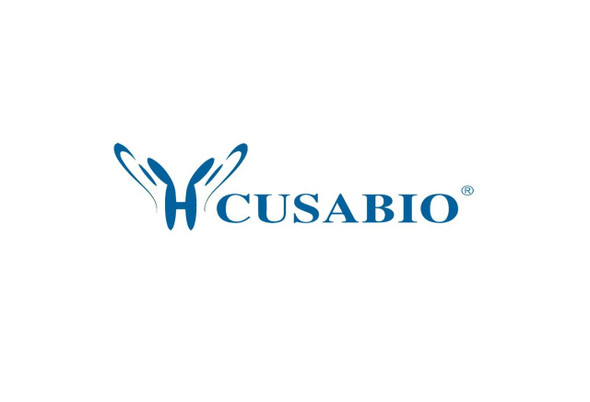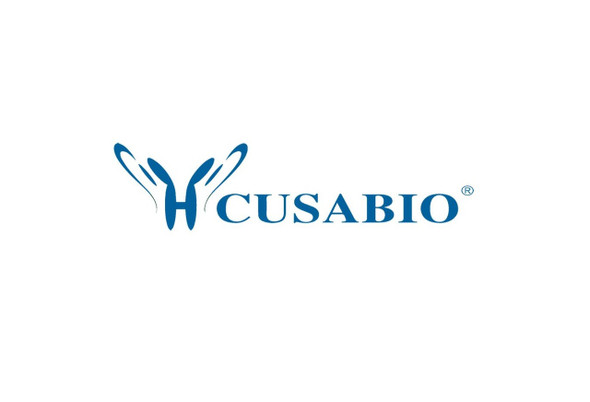Cusabio Escherichia coli O6:H1 Recombinants
Recombinant Escherichia coli O6:H1 Exopolyphosphatase (ppx) | CSB-EP360285EGX
- SKU:
- CSB-EP360285EGX
- Availability:
- 3 - 7 Working Days
Description
Recombinant Escherichia coli O6:H1 Exopolyphosphatase (ppx) | CSB-EP360285EGX | Cusabio
Alternative Name(s): Metaphosphatase
Gene Names: ppx
Research Areas: Microbiology
Organism: Escherichia coli O6:H1 (strain CFT073 / ATCC 700928 / UPEC)
AA Sequence: PIHDKSPRPQEFAAVDLGSNSFHMVIARVVDGAMQIIGRLKQRVHLADGLGPDNMLSEEAMTRGLNCLSLFAERLQGFSPASVCIVGTHTLRQALNATDFLKRAEKVIPYPIEIISGNEEARLIFMGVEHTQPEKGRKLVIDIGGGSTELVIGENFEPILVESRRMGCVSFAQLYFPGGVINKENFQRARMAAAQKLETLTWQFRIQGWNVAMGASGTIKAAHEVLMEMGEKDGIITPERLEKLVKEVLRHRNFASLSLPGLSEERKTVFVPGLAILCGVFDALAIRELRLSDGALREGVLYEMEGRFRHQDVRSRTASSLANQYHIDSEQARRVLDTTMQMYEQWREQQPKLAHPQLEALLRWAAMLHEVGLNINHSGLHRHSAYILQNSDLPGFNQEQQLMMATLVRYHRKAIKLDDLPRFTLFKKKQFLPLIQLLRLGVLLNNQRQATTTPPTLTLITDDSHWTLRFPHDWFSQNALVLLDLEKEQEYWEGVAGWRLKIEEESTPEIAA
Source: E.coli
Tag Info: N-terminal 6xHis-tagged
Expression Region: 2-513aa
Sequence Info: Full Length of Mature Protein
MW: 62 kDa
Purity: Greater than 90% as determined by SDS-PAGE.
Relevance: Degradation of inorganic polyphosphates. Orthophosphate is released progressively from the ends of polyphosphate of circa 500 residues long, while chains of circa 15 residues compete poorly with polyphosphate as substrate
Reference: "Extensive mosaic structure revealed by the complete genome sequence of uropathogenic Escherichia coli."Welch R.A., Burland V., Plunkett G. III, Redford P., Roesch P., Rasko D., Buckles E.L., Liou S.-R., Boutin A., Hackett J., Stroud D., Mayhew G.F., Rose D.J., Zhou S., Schwartz D.C., Perna N.T., Mobley H.L.T., Donnenberg M.S., Blattner F.R.Proc. Natl. Acad. Sci. U.S.A. 99:17020-17024(2002)
Storage: The shelf life is related to many factors, storage state, buffer ingredients, storage temperature and the stability of the protein itself. Generally, the shelf life of liquid form is 6 months at -20?/-80?. The shelf life of lyophilized form is 12 months at -20?/-80?.
Notes: Repeated freezing and thawing is not recommended. Store working aliquots at 4? for up to one week.
Function: Degradation of inorganic polyphosphates (polyP). Releases orthophosphate processively from the ends of the polyP chain.
Involvement in disease:
Subcellular Location: Cell membrane, Peripheral membrane protein
Protein Families: GppA/Ppx family
Tissue Specificity:
Paythway:
Form: Liquid or Lyophilized powder
Buffer: If the delivery form is liquid, the default storage buffer is Tris/PBS-based buffer, 5%-50% glycerol. If the delivery form is lyophilized powder, the buffer before lyophilization is Tris/PBS-based buffer, 6% Trehalose, pH 8.0.
Reconstitution: We recommend that this vial be briefly centrifuged prior to opening to bring the contents to the bottom. Please reconstitute protein in deionized sterile water to a concentration of 0.1-1.0 mg/mL.We recommend to add 5-50% of glycerol (final concentration) and aliquot for long-term storage at -20?/-80?. Our default final concentration of glycerol is 50%. Customers could use it as reference.
Uniprot ID: P0AFL7
HGNC Database Link: N/A
UniGene Database Link: N/A
KEGG Database Link: KEGG
STRING Database Link: STRING
OMIM Database Link: N/A









